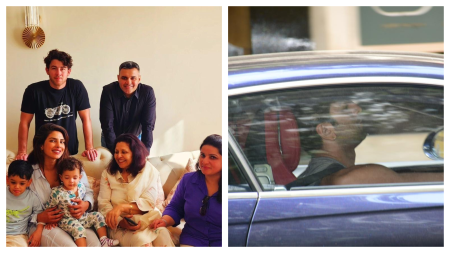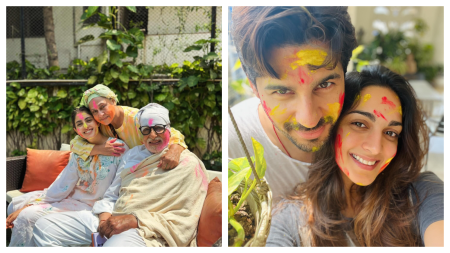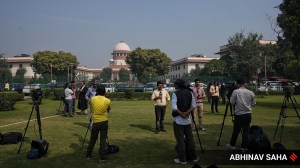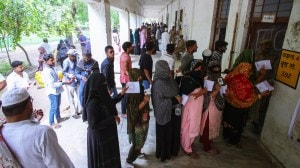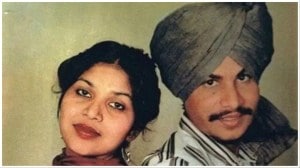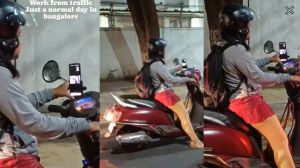- India
- International
Right of Way
A radio programme in the US tells stories of Indian women.
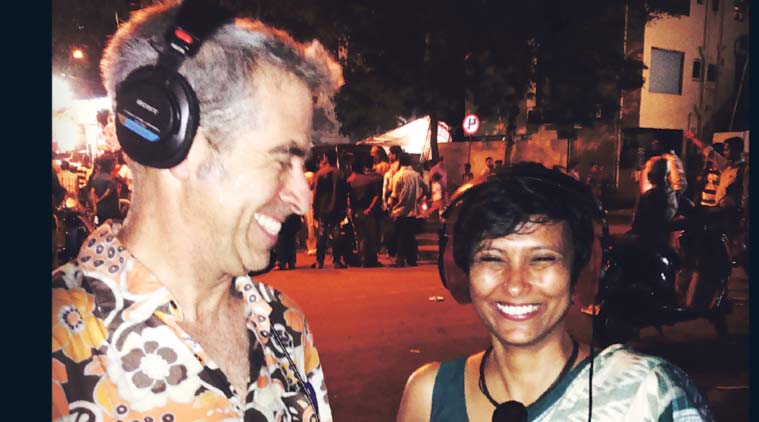 Marco Werman and Rhitu Chatterjee.
Marco Werman and Rhitu Chatterjee.
Varsha Deshpande, a Satara-based lawyer, has been conducting sting operations since 2004, on doctors who conduct illegal sex determination. “It’s strictly illegal for a doctor to reveal the sex of a foetus through any words, sign, or any other means, like emailing,” says Deshpande. A decoy’s testimony led to three convictions, including of a physician couple, who were sentenced to three years in prison this year.
Deshpande’s story, and of many others like her, is being aired on Public Radio International (PRI’s The World), this week; co-produced by BBC.
#HerRights, co-hosted by US-based journalists Marco Werman and Rhitu Chatterjee, focuses specifically on India.
WATCH VIDEO: These women are taking back the right to be out at night in India
They won a grant from the Bill and Melinda Gates Foundation and are in India since 12 days, recording live as they go along. “The recent headlines after the gang rape in Delhi in 2012 show that the cases of injustice against women are coming to the fore. We knew we had to come, because there was so much at stake, and we needed to document it,” says Werman.“But we needed to understand the cultural context to do so.”

Werman spoke to singer-songwriter Sona Mohapatra. “Slowly we seem to be picking up this, I would say ‘disease’ from the West about body image… Until about a decade ago in India, women in entertainment did not have so much pressure. We had our own ideas about what is beautiful. It included a lot of curves and a big fat bum, and it was all okay. But now we want to fit into this generic idea of what looks beautiful.”
Werman and Chatterjee’s colleagues have travelled to Kerala, Haryana and Mumbai, meeting women who are reclaiming their rights. Chatterjee says, “Women in India are often portrayed by the international media in black-and-white, but all around me I also see strong women who are working to change things.”
The story of Mumbai-based Why Loiter also features in their programme (each story is 8-10 minutes long). The group challenges traditional conventions of how a woman should dress and what their curfew should be, and confronts debates that follow incidents of abuse.
Photos
Apr 26: Latest News
- 01
- 02
- 03
- 04
- 05





















